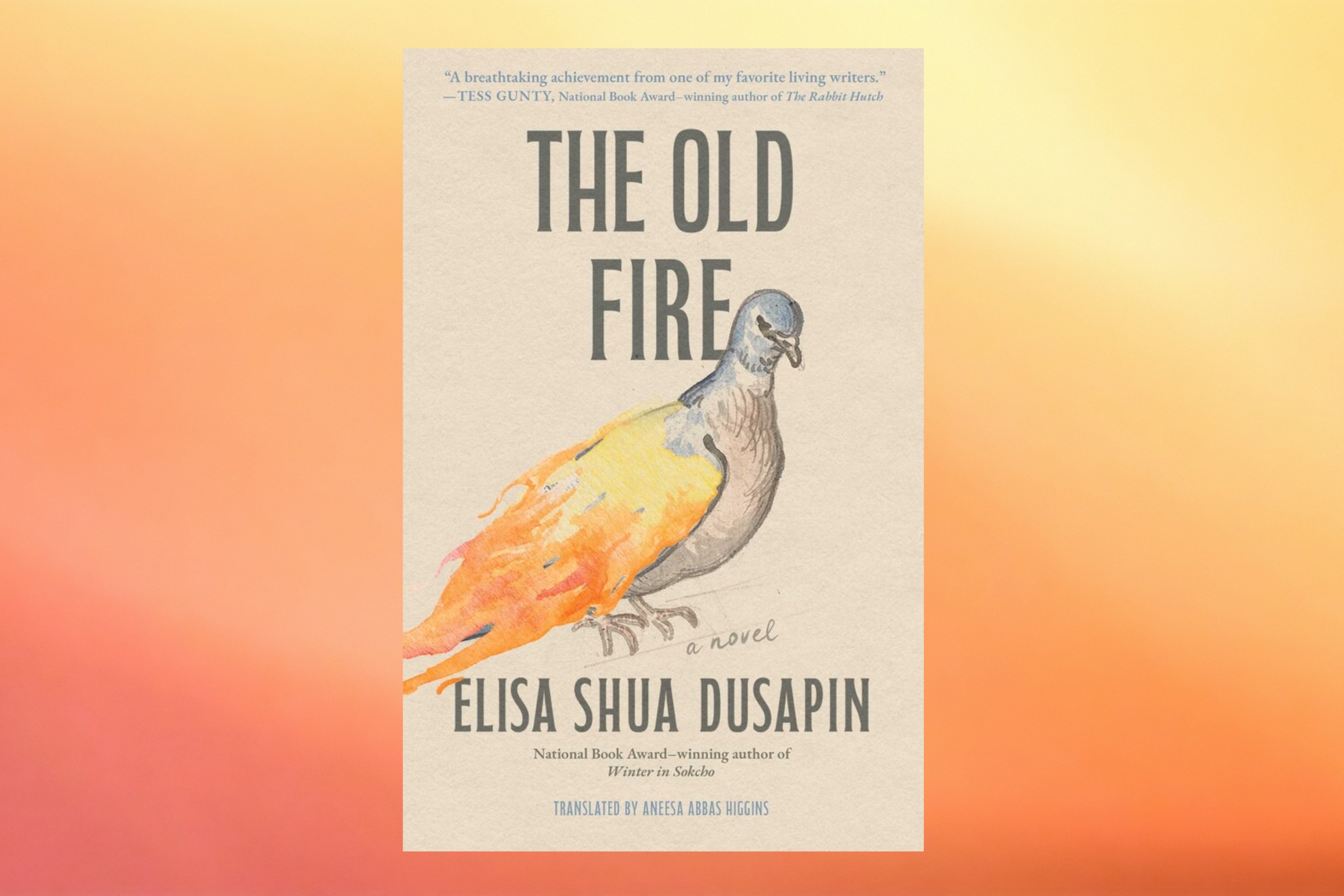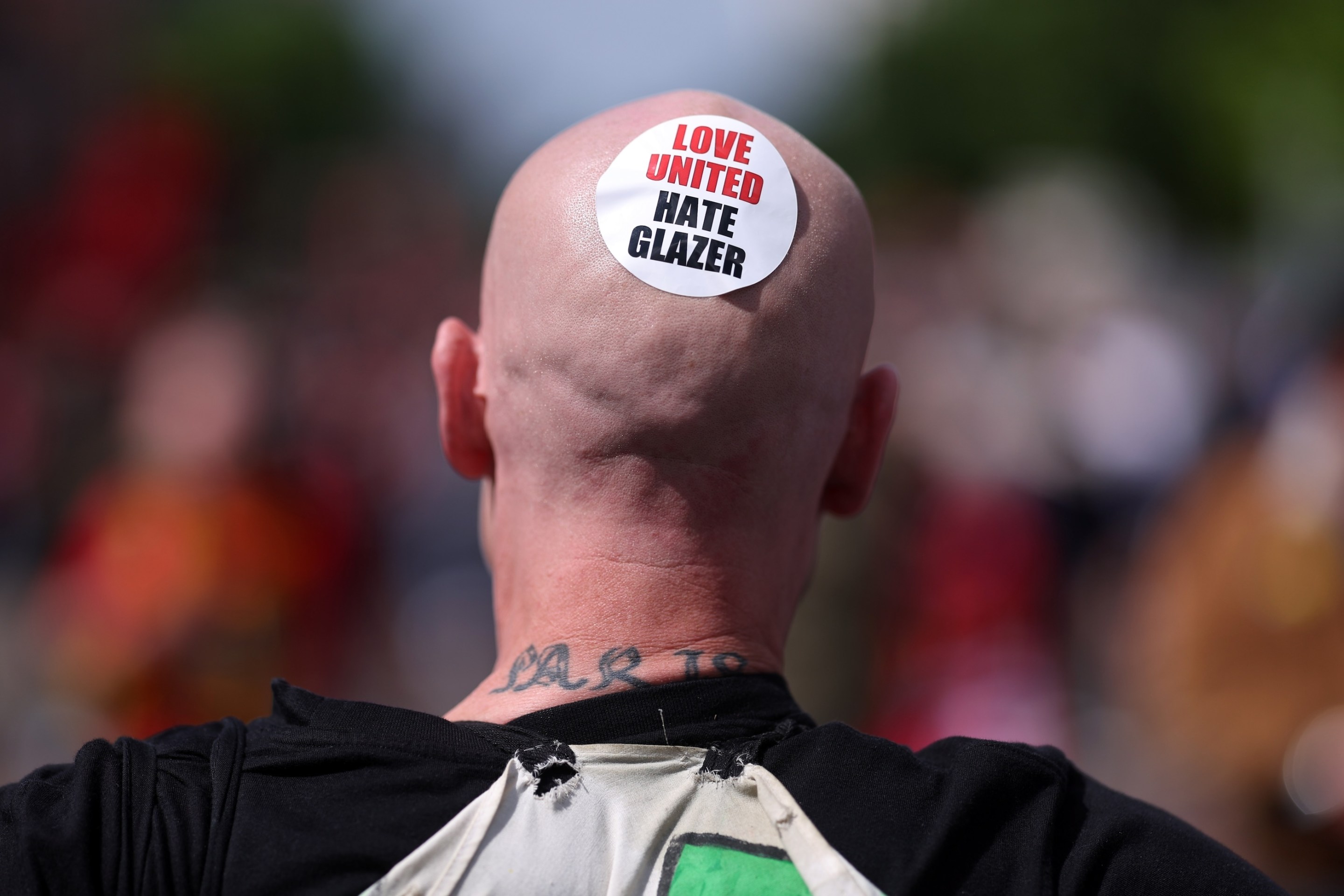Perhaps the highest praise I can offer a book that took 27 years to complete and runs over 1,000 pages is that I can see why, and that it doesn’t feel like it. Sam Tanenhaus’s extremely long and anxiously awaited biography of the man who founded National Review, and is often regarded as the architect of modern American conservatism, arrived with a resounding thud on my doorstep. There is no way that a book the size of Buckley: The Life and The Revolution that Changed America could arrive quietly. It is, in many ways, a remarkable accomplishment: exhaustive but not tiring, serious yet lively, both affectionate and suspicious. It is almost dizzyingly populated with recognizable characters—the result of Buckley’s famed and enormous social influence—which offers regular satisfaction both to readers who like knowing what Sylvia Plath thought of the Buckley family home, and ones who yearn to learn more about cranky Viennese ex-Leninists. Most of all, Buckley is very clearly the result of slow thinking and methodical research, which makes it precisely the sort of work that its subject could never produce.
William F. Buckley Jr. went for quantity instead. He wrote dozens of books, including non-fiction and a bestselling series of spy novels, both of which were mainly dashed off while on skiing vacations in Gstaad. He also produced three columns a week for decades, generated prodigious written correspondence, and appeared in 1,504 episodes of Firing Line, all while editing the magazine and accepting regular speaking gigs. For years, Buckley promised to write a serious work of political theory—he managed to produce thousands of words railing against his liberal enemies, but was ultimately thwarted by his inability to offer a coherent elaboration of what conservatives were really about.
Insofar as I am able to relate to the man at all, it is in details like these. I too keep meaning to produce a work of heft and genius. I too am constantly on the verge of financial ruin because I find sums tedious and want to buy something nice for myself (dresses in my case, ever larger boats for Bill). I too am dazzled by fine prose: According to National Review publisher William Rusher, “it was a good thing The Communist Manifesto wasn’t well written… or we would have lost Buckley.” And I, too, like hanging out with, and occasionally borrowing the thoughts of, people who are smarter than me.
For that deep thinking, Buckley relied on his frequent collaborator and brother-in-law, Brent Bozell, along with mentors like Whittaker Chambers (the subject of Tanenhaus’s previous, much-lauded work of biography) and protégés-turned-apostates like Garry Wills. These were the men with the ideas; Buckley provided the packaging, and a singular talent for holding together groups with potential disparate motivations under the banner of a revived conservative movement. Or, anyway, this is the received wisdom: Buckley the gatekeeper, yoking these headstrong types together in common cause while expelling more distasteful elements like the Birchers, in service to lacquering the American right-wing with a sheen of respectability. It is a strong brand, but it has some visible wear and age on it by now.
Buckley’s legacy has been somewhat troubled since Tanenhaus first began work on this book, years before the first episode of The Apprentice would air; reading it today, it’s tough to avoid the sense that Tanenhaus was caught in a bit of a bind. The man who gave us Reagan, as Buckley is often known, is a thorny enough historical consequence; Tanenhaus largely leaves alone the question of whether he paved the way for something worse. Reagan is elected president on page 824, and the remainder of Buckley’s life and legacy gets fewer than 50 pages. For all the minute attention paid to how Buckley did it, we are still left wondering what exactly he did.
To consider effects is also to search for causes, so we begin with the family. The father, William F. Buckley Sr., looms large, an almost physical presence in the pages of this book, while mother Aloise remains (pointedly, evocatively) distant. The sixth of ten Buckley children, Bill is raised devoutly Catholic; his early life is spent mainly in the family’s Sharon, Conn. compound, “Great Elm,” with brief international sojourns. William Sr. was a Texas oil prospector who was expelled from Mexico after engaging in counterrevolutionary activity, Aloise a debutante from New Orleans. While brother Jim is the second-most famous Buckley today, having served in the Senate, it is Bill’s sisters who come alive most compellingly in Tanenhaus’s hands. They are rendered bright, energetic, and beloved. All of the Buckley children yearn for the approval of their father, whose weakness for risky financial schemes is rivaled only by his strength of convictions: He is rabidly isolationist, anticommunist, and antisemitic. One evening, the four eldest children drove to a neighboring Jewish resort and left a burning cross on the lawn. Years later, Bill would recall “weeping tears of frustration” at missing out on this “great lark.” Recalling it again in 1992, he maintained this was “the kind of thing we didn’t distinguish from a Halloween prank.” The incident occurred in 1937, at which point Hitler had been in power for four years.
The tendency to take serious matters lightly is an ongoing theme of Buckley’s life. At school he is recognized for great intellectual gifts, if not always the inclination to use them well. A tutor once cautioned his headmaster that Bill “has to be made to realize that rules are not merely made so that he can invoke them in his favor.” He will never be made to realize this.
Buckley does, eventually, embrace the benefits of hard work, even if he remains loath to appear as though he’s worked at all. At Yale he is triumphant, his legend building around him as he stalks across campus, lanky and self-assured. He writes his first book, God and Man at Yale, shortly after graduating, and it cements him as a rising star. In it, he rails against the administration for abandoning the true purpose of higher education and allowing professors to corrupt American youth with Godless communism. Stop me if any of this sounds familiar.
Again and again, while reading Buckley, one is struck by this sense of queasy recognition. After leveraging his elite credentials to launch an attack on the Ivy League, Buckley proceeds (along with Bozell) to craft a forceful defense of a brutish, slovenly, vengeful Republican leader on the grounds that, whatever his sins, his attackers are worse. That’s Joseph McCarthy in this case, but this Buckley-penned tune would inspire many, many cover versions. Buckley spends much of his public life riding into battle on behalf of a League of Extraordinary Assholes: Roy Cohn, Barry Goldwater, Richard Nixon, Strom Thurmond, Howard Hunt, and, in a frankly bizarre turn, Edgar Smith, the convicted murderer of a teenage girl with whom Buckley has become pen pals and for whom he launches a media crusade. Buckley’s loyalty was ferocious, and while Tanenhaus highlights its tender aspects when given to the lonely and abandoned (like Chambers), it is just as often a destructive force that relies on astonishing dishonesty.
This is among the great revelations of Buckley: its subject’s endless willingness to lie. Over and over we watch Buckley slander, deceive, withhold information, and defend the falsity of others. He lies with glee and without compunction; he lies willfully and by omission. He stands athwart history, yelling the wildest possible bullshit.
Another of the book’s revelations has to do with dishonesty as well, namely the extent to which the Buckley family was engaged in the segregationist cause. While regarded as a scion of the Northeast, Bill spent much of his time in the family’s second home in Camden, S.C., at a restored plantation manor called “Kamschatka.” While the Buckleys were segregationists of the genteel variety—Tanenhaus notes how well the family’s black servants were treated—the book reveals that Buckley money funded a paper, The Camden News, which espoused the views of the local White Citizen’s Council. National Review’s editorial from 1957, written by Buckley and titled “Why the South Must Prevail,” is notorious and well-known. In it, Buckley wrote that the question:
is whether the White community in the South is entitled to take such measures as are necessary to prevail, politically and culturally, in areas where it does not predominate numerically? The sobering answer is Yes—the White community is so entitled because, for the time being, it is the advanced race.
This family connection sheds new light on the depths of Buckley’s commitment, and further explains why he would dismiss the 14th and 15th Amendments to the Constitution as “inorganic accretions to the original document,” or compare the federalized National Guardsmen deployed to desegregate Little Rock’s schools to the Soviet tank commanders in Hungary and Poland. Tanenhaus reports that William Buckley Sr. assured his friend Strom Thurmond that Bill “is for segregation and backs it in every issue.”
It also helps explain how Buckley would approach his 1965 debate with James Baldwin at Cambridge University, and why he lost it. Buckley thought, and wrote, that Baldwin “celebrates his bitterness against the white community,” and prepared to debate an inferior opponent with a list of bitter complaints. Instead, when Baldwin takes upon his person the weight of centuries of injustice—his now famous assertion that “I picked the cotton, I carried it to the market, and I built the railroads under someone else’s whip for nothing. For nothing”—he becomes towering. Buckley, going as he so often did for personal slights, is the one made to seem small and petty.
Buckley would, of course, go on to lose another public debate in similarly ignoble fashion, this time against an opponent just as willing to lower himself. “Now listen, you queer, stop calling me a crypto-Nazi or I’ll sock you in your goddam face and you’ll stay plastered,” may well be Buckley’s best-remembered quote. He shouted it at Gore Vidal, to Vidal’s obvious delight, during their second-to-last on-air debate as part of ABC’s coverage of the 1968 Democratic Convention. During the final debate, the two would be separated by a curtain. Tanenhaus is frank about the fact that Vidal was able to provoke this outburst because he had spent much of the previous exchanges insinuating that Buckley was gay. This suspicion had long haunted the lithe, effete, lavishly affected Buckley, and while Tanenhaus remains coy about the merits, it is refreshing at least for him to be as honest about what happened as Pat Buckley was when she complained to Murray Kempton that, following the debate, “two hundred million Americans think William F. Buckley is a screaming homosexual.”
Buckley as light on his feet, Buckley the quick-footed—there is intimation here but also truth. Not about Buckley’s sexuality, but about his essence: that the skills of a dancer are equally those of a fighter. Buckley liked to use a quote from Chambers that Tanenhaus also repeats: “To live is not to hold the lost redoubt. To live is to maneuver.” The style made the fighter; Buckley would lash out and then spin away from the blows that came in response. What is satisfying about seeing Buckley being thrown off balance by Vidal is not that it happened, but that it seemed to bother him for the rest of his life.
There is one fantasy about Buckley that goes like this: America was better off when men like him were famous, and that we are lacking proper right-wing intellectuals. Of course, the right wing itself doesn’t believe this; they think they have plenty. It is liberals, and sometimes even leftists, who dream of a modern Firing Line. I sympathize with this fantasy but do not particularly share it. My wish, which is maybe equally childish, is that men like Buckley would be burdened by the fact of themselves. I would love to believe that people like him are conflicted, tortured, haunted in some way when, as they survey their lives, they confront what they have wrought.
Tanenhaus offers no comfort in this regard. A priest, looking to reassure the devout Buckley, once suggested to him that “everyone at some point has doubts.” Buckley responds, “I never did.” The book gives me the sense that this is true of matters both spiritual and profane. Buckley never doubted, never wavered, merely laid down his head after a long, untroubled life. He lied as well as he did, and so prolifically and for so long, because it really came that easily to him.
Bill Buckley believed in hell. Vidal at least pretended to when he quipped, after Buckley died, “hell is bound to be a livelier place, as he joins forever those whom he served in life, applauding their prejudices and fanning their hatred.” I do not believe in hell, though. I think the world is all we are given. It was shaped in meaningful, irreparable ways by Buckley. It is hot, and cruel, and full of suffering.






